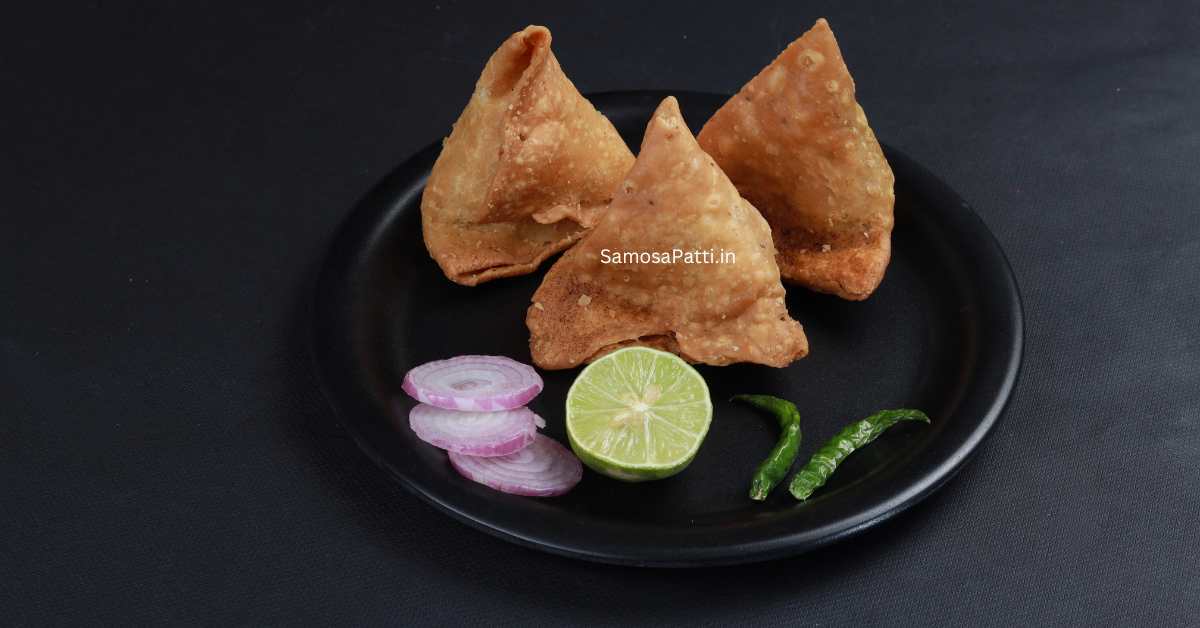Is Samosa Good for Weight Loss?
Samosas, like many fried snacks, can be high in calories and fat, which can contribute to weight gain if consumed in excess. However, by choosing vegetable fillings and opting for baked samosas, the overall calorie and fat content can be reduced. Additionally, incorporating samosas as part of a balanced diet, rather than as a daily snack, can help with weight management.
Benefits of Vegetable Samosas
Vegetable samosas, particularly those filled with low-calorie and nutrient-dense ingredients like potatoes, peas, and carrots, can provide some health benefits. These ingredients are rich in fiber, vitamins, and minerals, which can help with weight management by keeping you full for longer periods of time and reducing overall calorie intake. Additionally, including vegetables in your diet can provide various health benefits and help improve overall health.
Drawbacks of Deep-Fried Samosas
Deep-fried samosas, on the other hand, can be high in calories and fat, making them a less ideal choice for weight loss. Consuming high amounts of fried foods can also increase your risk for various health conditions, including heart disease and obesity. Additionally, the oil used for frying can be high in unhealthy trans fats and contribute to weight gain.
Conclusion
In conclusion, samosas can be a tasty and satisfying snack, but the health benefits and drawbacks of consuming them for weight loss depend on the ingredients used and the preparation method. Opting for vegetable fillings and baked samosas, rather than deep-fried options, can help reduce overall calorie and fat content, making them a healthier option for weight loss. As always, it is important to consult a healthcare professional before making any changes to your diet and to include samosas as part of a balanced, calorie-controlled diet for best results.
Here are some facts, data, and statistics to support the information in the article “Is Samosa Good for Weight Loss?”
- Deep-fried foods are high in calories and fat: According to a study published in the International Journal of Environmental Research and Public Health, a 100-gram serving of deep-fried foods can contain up to 50 grams of fat, which is more than 70% of the recommended daily intake. This high calorie and fat content can contribute to weight gain and increase the risk of obesity.
- Vegetables can help with weight management: A study published in the British Journal of Nutrition found that people who consume higher amounts of vegetables tend to have a lower body weight and body mass index (BMI) compared to those who consume lower amounts. This is because vegetables are typically low in calories and high in fiber, which can help keep you full for longer periods of time and reduce overall calorie intake.
- Deep-fried foods can increase the risk of heart disease: According to the American Heart Association, consuming high amounts of deep-fried foods can increase the risk of heart disease, as the oils used for frying can be high in unhealthy trans fats. These trans fats can raise cholesterol levels and increase the risk of heart disease and stroke.
- Baked samosas can be a healthier option: A study published in the Journal of Food Science and Technology found that baking samosas can significantly reduce their fat content compared to deep-frying. Baking samosas can reduce the total fat content by up to 30% compared to deep-fried samosas, making them a healthier option for weight loss.
These facts, data, and statistics provide further evidence to support the information in the article and demonstrate the potential benefits and drawbacks of consuming samosas for weight loss.

